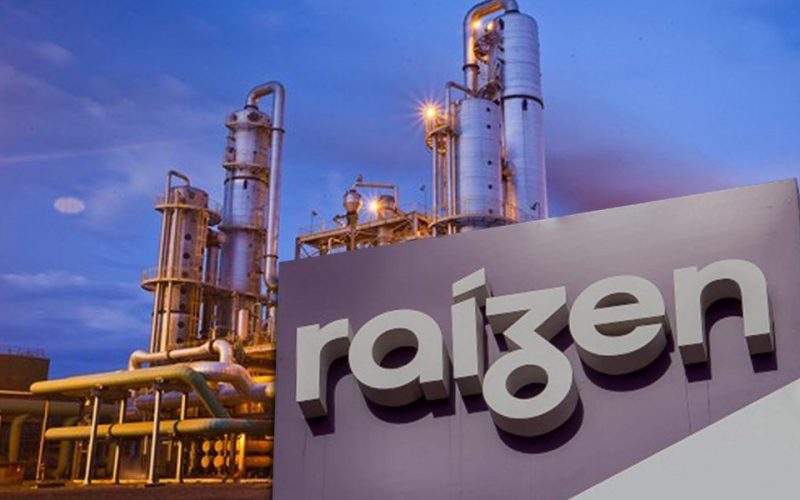RIO DE JANEIRO, BRAZIL – Raízen filed a request for an initial public offering (IPO) with the Brazilian Securities and Exchange Commission (CVM) on Thursday, June 3. Analysts had anticipated in May that the request would be made earlier this month, and reported that the value should float between US$10 billion and US$13 billion, which would make it among the largest in the history of the Brazilian B3 stock exchange.

Earlier this week, the joint venture between Brazilian infrastructure group COSAN (CSAN3) and Anglo-Dutch oil company Shell had announced its intention to request an IPO. Raízen is the third largest Brazilian energy company by revenue and the fifth largest in Brazil.
The offering is aimed at investors concerned with sustainability. Raizen has an unparalleled position in the field of biofuels.
The company is a joint-venture formed in 2010 from the merger of the assets of sugar, fuel, and ethanol derived from sugar belonging to Cosan and Royal Dutch Shell in Brazil. The company has a market value of approximately US$20 billion and annual revenue of about US$28 billion.
Raízen has a network of 7,000+ fuel stations under the Shell brand, spread throughout Brazil and Argentina, plus more than 1,000 convenience stores.
Raizen’s annual ethanol production is over 2.2 billion US gallons (8.3 million liters). The company also has 26 ESB (ethanol, sugar, and bioenergy) plants, with a total crushing capacity of 62 million tonnes of sugar cane per year, while also boasting 940 megawatts of installed electric power capacity produced from sugarcane biomass (bagasse).
Many of these plants were inherited from Cosan at the creation of the joint-venture, while several others were acquired from competitors as part of an expansion strategy. In the fuel trade business, Raízen trades approximately 31 billion liters per year in both B2B (mainly the transportation and industrial sectors) and B2C segments (through its network of 7,000+ fuel stations across Brazil and Argentina).
It aimed to certify just under 1 million hectares of affiliated sugarcane production area under the Bonsucro sustainability standard by 2020.

